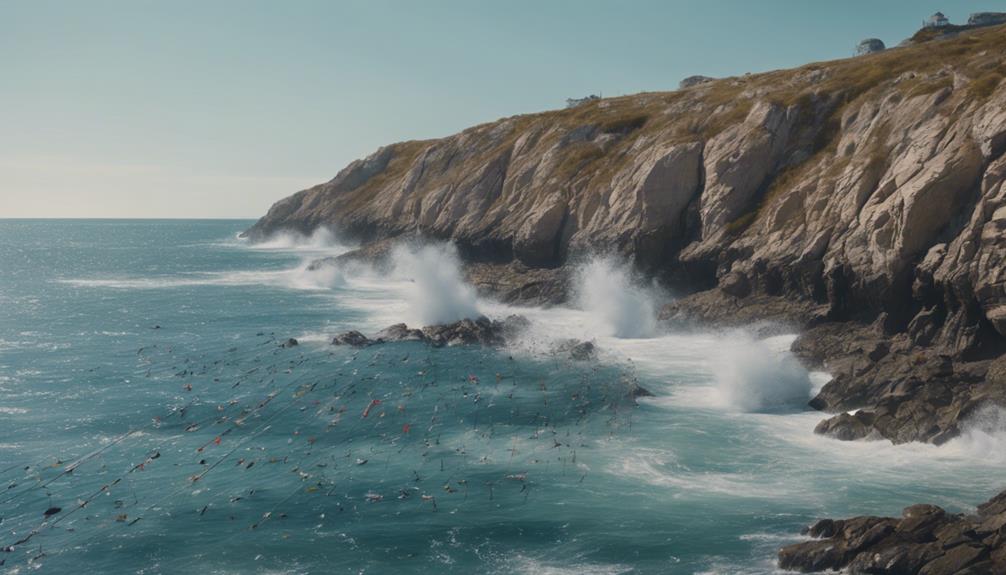Fishing is a beloved pastime for many enthusiasts, but one common question that arises among anglers is, “Is there a fishing season?” Understanding fishing seasons is crucial for both conservation efforts and for maximizing your fishing experience. In this comprehensive guide, we will explore the concept of fishing seasons, why they matter, and how you can effectively plan your fishing trips around them.
What Are Fishing Seasons?
Fishing seasons refer to specific times of the year when fishing is allowed or restricted for certain species of fish. These regulations are often implemented by state or national wildlife agencies to ensure sustainable fishing practices and to protect fish populations during their breeding cycles. The dates for fishing seasons can vary widely depending on the species, location, and local regulations. Therefore, it’s essential to know the specifics of your fishing area to avoid legal issues and promote ecological balance.
Why Fishing Seasons Matter
Fishing seasons are put in place for several important reasons. Firstly, they help to maintain fish populations by preventing overfishing during critical breeding periods. Many fish species spawn at specific times of the year when they require safe environments to reproduce. By regulating fishing seasons, authorities can ensure that enough fish survive to continue their species. Additionally, fishing seasons help maintain the overall health of aquatic ecosystems, contributing to biodiversity and the long-term sustainability of fishing as a recreational activity.
How to Find Fishing Season Dates
To find out if there is a fishing season in your area, you can visit your local wildlife agency’s website. Most states have dedicated sections for fishing regulations, where you can find information on open and closed seasons, size and bag limits, and other important guidelines. Additionally, many fishing clubs and online forums provide valuable insights and updates about seasonal changes and local fishing conditions. It’s advisable to check these resources regularly, especially before planning any fishing trips.
Common Fishing Seasons by Region
Fishing seasons can vary significantly based on geographical regions. For example, in the northern United States, species such as trout and salmon have specific seasons that generally run from spring to early fall. In contrast, southern states may have longer fishing seasons due to milder climates. Moreover, saltwater fishing often has different regulations compared to freshwater fishing, with some species available year-round and others subject to strict seasonal guidelines. Understanding the common seasonal patterns in your area can greatly enhance your fishing experience.
Best Times to Fish During the Season
While fishing seasons dictate when you can fish legally, the best times to fish can depend on various factors, including time of day and weather conditions. Generally, early morning and late afternoon are considered prime times for fishing, as fish are more active during these cooler parts of the day. Additionally, overcast days can be excellent for fishing since fish tend to be less cautious when the sunlight is dim. Knowing the optimal times to fish during the season can lead to a more successful and enjoyable fishing trip.
Understanding Catch and Release Practices
During fishing seasons, many anglers practice catch and release to help preserve fish populations. Catch and release involves capturing fish and then returning them to the water unharmed. This practice is especially crucial during spawning seasons when fish populations are vulnerable. By practicing catch and release, you contribute to the sustainability of fish populations and ensure that future generations can enjoy fishing. It’s essential to familiarize yourself with best practices for catch and release, including the proper handling techniques to minimize stress on the fish.
Local Regulations and Licensing
Aside from fishing seasons, local regulations often dictate the types of fishing gear you can use, the types of bait allowed, and specific areas where fishing is permitted. Obtaining the proper fishing license is also crucial, as fishing without one can result in hefty fines. Each state has its own licensing requirements, so make sure to check the regulations in your area. By adhering to these regulations and understanding the local fishing seasons, you can enjoy your fishing experience while contributing to conservation efforts.
Conclusion: Plan Your Fishing Adventures Wisely
In conclusion, understanding whether there is a fishing season and the specific regulations surrounding it is essential for any angler. Knowledge of fishing seasons not only helps you stay within the law but also enhances your fishing success and promotes sustainable practices. So, before you head out for your next fishing trip, take the time to research your local regulations, seasonal patterns, and the best practices for catch and release. Planning wisely will not only improve your fishing experience but also ensure that you are contributing to the preservation of aquatic ecosystems for years to come. Happy fishing!
—
By following the guidelines in this article, you can optimize your fishing trips around the seasons and enjoy all that this rewarding activity has to offer. Whether you are a seasoned angler or just starting, understanding the importance of fishing seasons will enhance your knowledge and appreciation for this beloved hobby.
